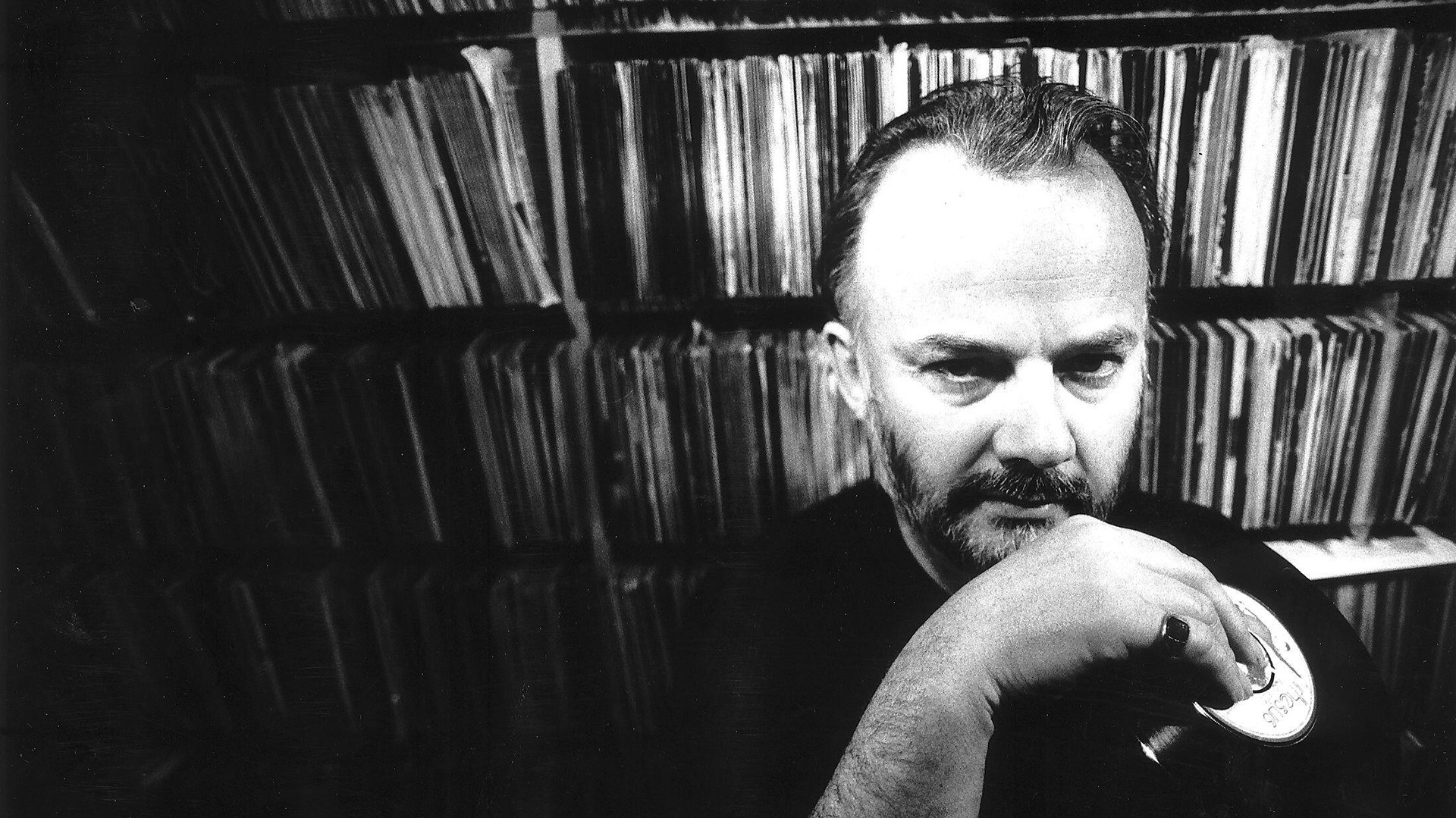If there’s a benefit to our national broadcaster beyond its vital ability to speak to and engage all of Britain’s citizens on a principle of universal geographic accessibility distanced from vested interests, not to mention enrage idiots like Nadine Dorries by its mere taxpayer-funded existence, then it’s how it functions as a permanent repository for the cultural memory of a nation.
The BBC is a kind of televisual Tardis, through which we can transport ourselves to practically any moment in the last century, and vicariously experience important moments as past generations did in real time, glued to the telly or the wireless.
When it comes to live music, the 100-year archive of the BBC is practically unrivalled in human history as a portal of posterity. Through which other single archive could you, for example, drop in on historic, if at the time inauspicious, broadcast debuts by all from The Beatles to Blur? Or revisit practically the precise hair-raising moment that David Bowie exploded into the mainstream, performing Starman on Top of the Pops on July 6, 1972, gazing down the camera directly into young hearts?
Ever wondered how Adele sounded before she was famous? See Later… With Jools Holland, June 8, 2007. Intrigued to hear The Fall in each of their many different line-ups between 1978 and 2004? There’s a John Peel Session for that.
As someone never more content than when rooting through classic Old Grey Whistle Test sets on YouTube, or falling asleep on the couch half-drunk of a Friday night to yet another repeat of Synth Britannia or Reggae at the BBC, I write this mostly from a position of gratitude and admiration. Not to mention as a rallying cry to protect the Beeb at all costs against the ideological ire of whichever witless right-wing ghoul might be gunning for it. And yet, I write too from a position of minor concern, as live music output across the BBC feels like it’s on the wane at the moment, presumably as a consequence of withering funding cuts and a legacy of the socially distanced Covid years.
Sure, come summer we can watch Glastonbury in such increasingly comprehensive and forensic detail that I’d only be half-surprised to hit the red button one day and find a livestream of the Worthy Farm cows getting milked, or Emily Eavis eating her morning toast (other festivals are available). More so, I refer to the BBC’s seemingly dwindling enthusiasm for capturing artists live in session, whether for TV or radio, with the same sense of curatorial freedom, curiosity and even eccentricity as it once did.






